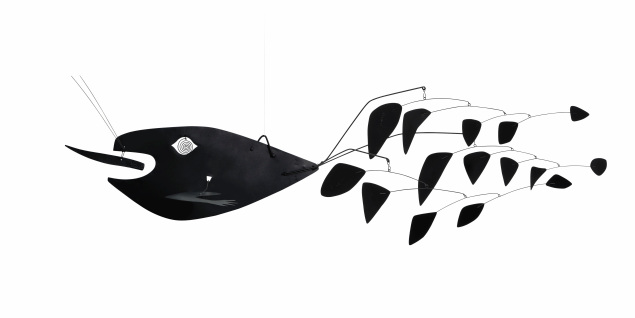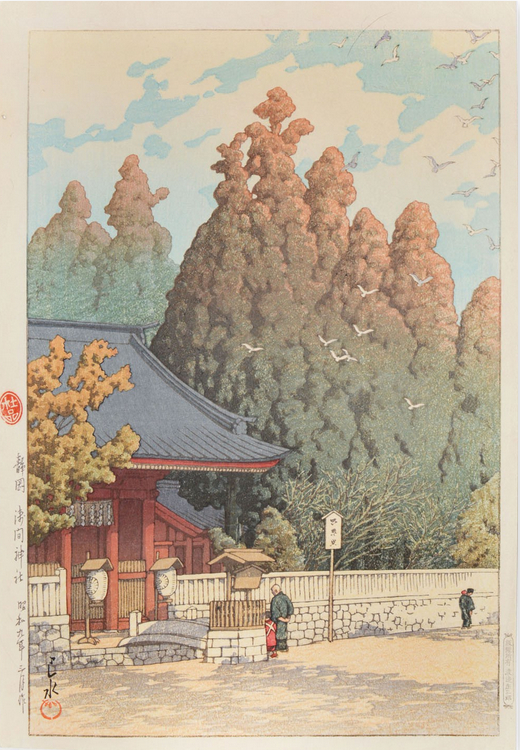
Studies have shown time again again that, for the most part, you can’t tell the difference between an expensive wine and a cheap one. But even if you could develop the ability, should you want to?
***
So here’s the deal: everyone on the internet has been telling us for years that wine tasting is bunk. “Expensive wine and cheap plonk taste the same to most people,” they say. We “can’t tell good wine from bad.” “Wine tasting is bullshit.”
And, dutifully, I’ve reposted these on Facebook because, like you, I enjoy a good laugh at the expense of hoity-toity people. But recently a friend of mine — who unsurprisingly works for a winery — decided to challenge me on these. So I wanted to examine the science at the same time as the premises, and see where it all goes.
He began by comparing wine criticism with art criticism, saying that “we don’t have a problem defending good art in other media.” In one sense, I think he’s right — in the sense that what makes art “good” is thoroughly subjective. Unfortunately that doesn’t really hold much weight for me, because the art I happen to like is relatively cheap, and I don’t understand why you’d want a two million dollar painting instead of a twenty dollar reproduction. So maybe the criticism of the two is similar — in that what’s important to art critics is baffling to most people who, like myself, don’t understand why this mobile by Calder
is “worth” nine to twelve million dollars, while this print by Hasui Kawase
is “worth” $3,400.
But there’s more to it than that direct a comparison, because while everyone who looks at a piece of art can actually see it (and like it or not like it or whatever) and can tell the difference between it and another piece of art reliably, the same can’t actually be said for wines. Even among trained professionals.
Imagine, for a moment, you see before you two glasses of wine. One appears to be red, the other white. You taste them, rate them, discuss them with your fifty-three friends. But at no point do you realize that both of them are the same wine. One merely has tasteless, odourless food colouring added to it. This is precisely what Gil Morot, Frédéric Brochet, and Denis Dubourdieu did in their famous 2001 study, entitled “The Color of Odors” (Brain and Language, DOI: 10.1006/brln.2001.2493). The tasters were undergraduates studying oenology at the University of Bordeaux, and the experiment found that the words they used to describe the “red” wine were categorically different from those used to describe the “white.”
A previous study cited in “The Color of Odors” had indicated that “from a cognitive point of view… the mechanism used to judge wines is closer to pattern recognition than descriptive analysis.” This could mean that after exposure to more wines, one could learn to recognize “better” ones and “worse” ones, or to learn what to expect from different wines and match that in one’s head to a preconceived notion of what a good wine tastes like. Maybe it’s the same as with pop music — we like repetition (which, if nothing else, explains Barbie Girl).
So what if the undergraduates studying oenology hadn’t been doing it for long enough? One could well argue that even oenology students have a great deal more practice tasting, categorizing, and evaluating wines than the general populous, but still being students one could equally argue that they aren’t yet experts. So what about those experts?
There have been a number of studies on the consistency of wine tasting experts. Robert Hodgson has done a lot of work himself, and has found (among other things) that:
- at 13 US wine competitions, winning a gold medal at one competition is a poor predictor of how well that wine will place in other competitions (Journal of Wine Economics, DOI: http://dx.doi.org/10.1017/S1931436100000638)
- year-over-year only about ten percent of tested judges could rate the same wines the same in relation to one another (Journal of Wine Economics / DOI: http://dx.doi.org/10.1017/S1931436100001152), and that
- only about 30% of expert judges tested were consistent enough to be considered “expert” (Journal of Wine Economics / DOI: http://dx.doi.org/10.1017/S1931436100000821)
These seem to suggest that while the differences between wines are not obvious, even to most professional tasters, there do seem to be some people who can and do test relatively consistently. But not everyone, even among trained professionals.
So here’s the next question, then: what about “normal” people? Should we actually want to be able to taste the differences — that is, if it’s possible at all, something which is by no means certain — between wines?
A lot of things affect our enjoyment of wine, but one major one is the price tag. Without training, we pretty much can’t tell the difference between cheap wine and expensive. However, one study showed that, when we don’t know the price and haven’t had training, we actually prefer cheaper wines. But that same study also showed that when we have had training, we do prefer more expensive wines a little.
But here’s the thing: another study showed that, when we already know the price, we like more expensive wines. So the question remains: are we learning what good wine tastes like, or are we learning what expensive wine tastes like, and preferring it because we know it’s expensive?

So here we are. When you put it all together, it suggests to me that you, the “normal” wine drinker, have a few options. Because I’m a lazy man, and I think maybe that’s a virtue, I’ve ranked them for you in order of effort from least to most:
1. Remain blissfully ignorant, enjoy your cheap wine, and reap the financial benefits of having inexpensive tastes.
2. Buy expensive wine and enjoy it because it’s expensive (or put it in a heavier glass — it might taste better that way, too).
3. Take some wine tasting courses, learn what expensive wine tastes like, and enjoy it maybe because it’s good (or maybe because it tastes expensive), or
4. Get some serious oenology training, and if you’ve got as much talent as the top percentages of wine tasters, accurately differentiate between “good” and “bad” wines.
You are free to do as you please. Me, I’ll be opening a cheap bottle, putting it in a heavy glass, and drinking it while hanging a $20 Monet print on my wall.
***
Richard Ford Burley is a doctoral candidate in English at Boston College, where he’s writing about remix culture and the processes that generate texts in the Middle Ages and on the internet. In his spare time he writes about science and skepticism (and wine, apparently) here at This Week In Tomorrow.


